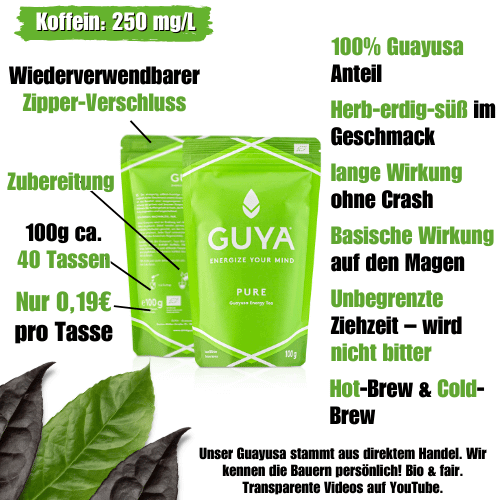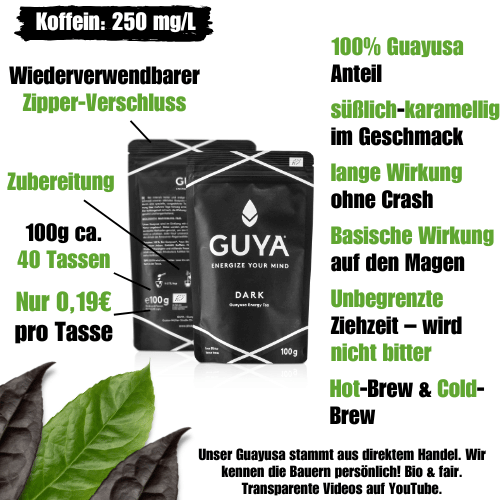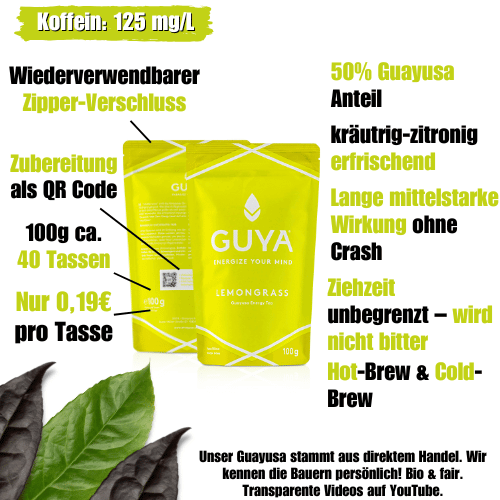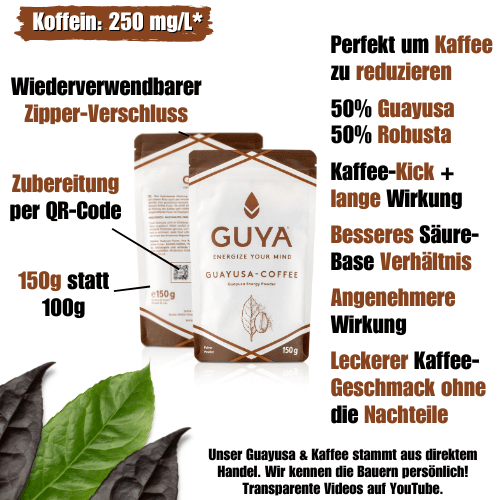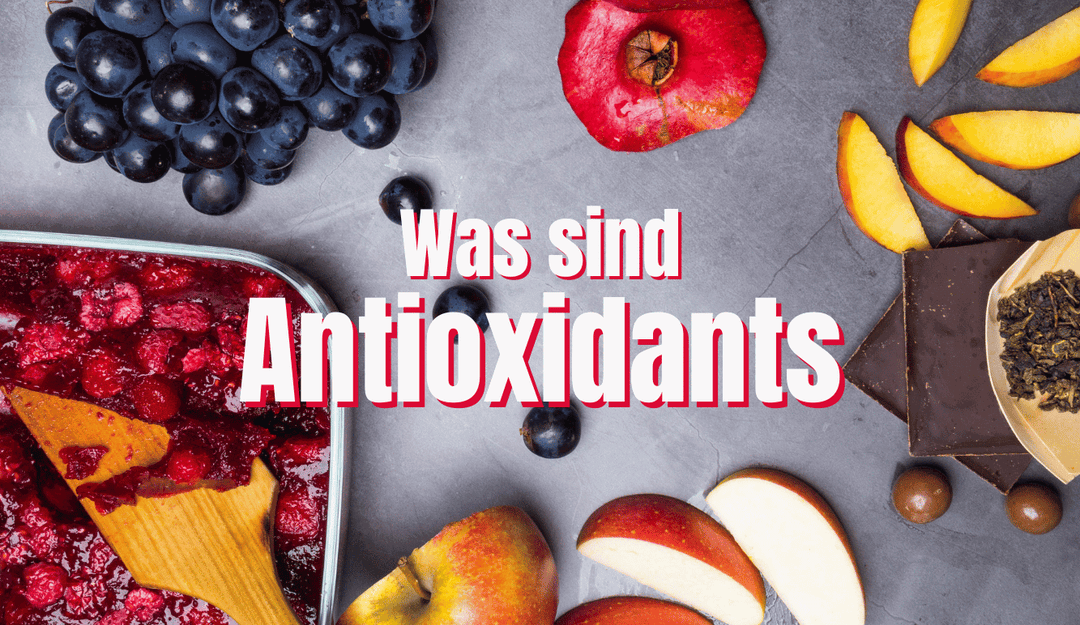Caffeine in pregnancy & breastfeeding - what to consider?

Introduction
Many of our customers ask us if they caffeine can drink during pregnancy and how caffeine affects breast milk and breastfeeding. We would therefore like to illuminate the topic in more detail in this article and create an extensive overview based on the possible many study results.
You will always find links to studies and other articles in our blog in the text. In this way you can deal intensively with the topic and finally make a decision for you together with your doctor.
We expressly distance ourselves from the correctness of the written things and point out that we summarize and reflect in this article, which can be found in scientific reading on this topic. We would like to encourage every mother to deal more deeply with the topic and to use our contribution and the further links as a guide, by no means the only decision point.
Contents
- Caffeine during pregnancy?
-
Caffeine and breastfeeding?
- Differences: coffee, mate, tea, guarana, Guayusa
- Conclusion
1. Caffeine during pregnancy?
One of the greatest restrictions for pregnant women is the change in nutrition and especially the handling of certain everyday active ingredients such as caffeine.
You will probably have already heard that the consumption of caffeine during pregnancylower size and lessWeight of the newborn. We have actually been able to find data for this. However, these are by no means as serious as the topic sounds without data analysis. It should also be noted thatMany of the studies Other factors, such as alcohol consumption or cigarette consumption, not included.
The deviations of the size and weight of newborns, whose mothers consumed caffeine during pregnancy, was extremely low with a maximum of 84g, 0.44 cm lower and 0.32 cm narrower.
In general, science seems to agree that consumption of a maximum of 300 mg caffeine per day during pregnancy has no negative effects on fetus development. Also, there are no clear studies on miscarriages due to caffeine.
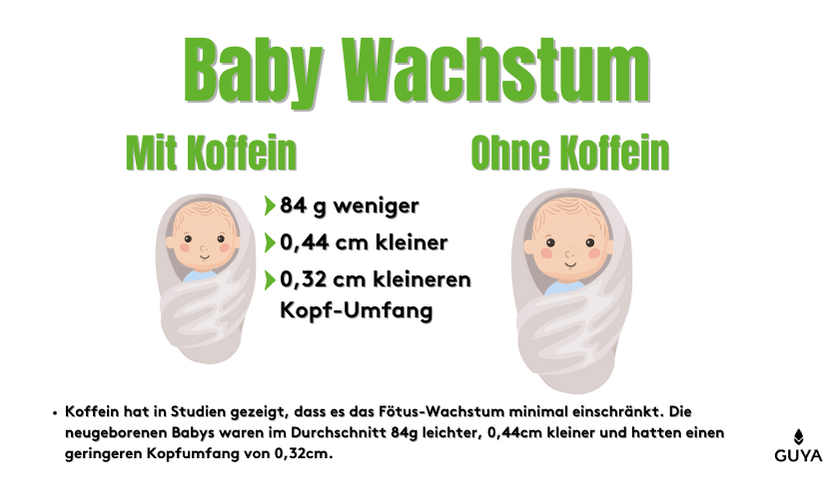
1.1. How does caffeine work on babies in the womb
There is also no unambiguous study situation here. It is also assumed that caffeine does not trigger any problems under a daily level of 200 mg to 300 mg of caffeine during pregnancy.
However, it is absolutely clear that caffeine is highly harmful to unborn and newborns! Part of the caffeine recorded comes into the fetus via the placenta and can do damage. In a study by the "University of Rochester Medical Center", 9,000 nine and ten-year-old children were examined.
TheResult It was that children whose mothers consumed caffeine during pregnancy had behavioral problems, weaknesses in concentration and hyperactivity. However, the scientists emphasized that this study is based on the memory of mothers whether and how much caffeine they consumed. They also emphasized that they could not find any connections between the different trimesters.
1.2. What to pay attention to?
Science clearly says that more than 300 mg per day is not recommended for caffeine during pregnancy. There is no clear indications that a small amount of caffeine is harmful to the babies.
It should therefore be noted that the amount of caffeine is restricted to a maximum of 300 mg per day during pregnancy. In addition, you should speak to your doctor and midwife and trust your personal feeling - to do without caffeine for a few months, will probably not be a disadvantage.
2. Caffeine and breastfeeding?
Caffeine and breastfeeding behave similarly to the effect of caffeine during pregnancy. Because the baby's brain has already been developed, damage is less likely. Nevertheless, it is also recommended to significantly reduce the amount of caffeine during breastfeeding and to consume a maximum of 200 mg to 300 mg per day.
2.1. Caffeine in breast milk
As with pregnancy, caffeine merges into breast milk when breastfeeding or breastfeeding. This process takes about 1 to 2 hours.
Babies can be more active and restless if they take up too much caffeine with breast milk. In addition, babies take longer to dismantle caffeine. Thisnegative phenomena However, babies were only recorded in babies, whose mothers drank 10 or more cups of coffee a day. The same study came to the conclusion that 300 mg to 500 mg of caffeine does not cause any problems for the baby every day, but the mother should be considered as a precaution, especially in the case of a newborn, to significantly reduce consumption.
2.3. What to pay attention to
Consumption of caffeine should also be severely restricted during breastfeeding. However, a general waiver is not recommended as with pregnancy. However, there would probably be no disadvantages either.
If you are for the generalAdvantages andDisadvantages Interested by caffeine, you can find them in the linked articles.
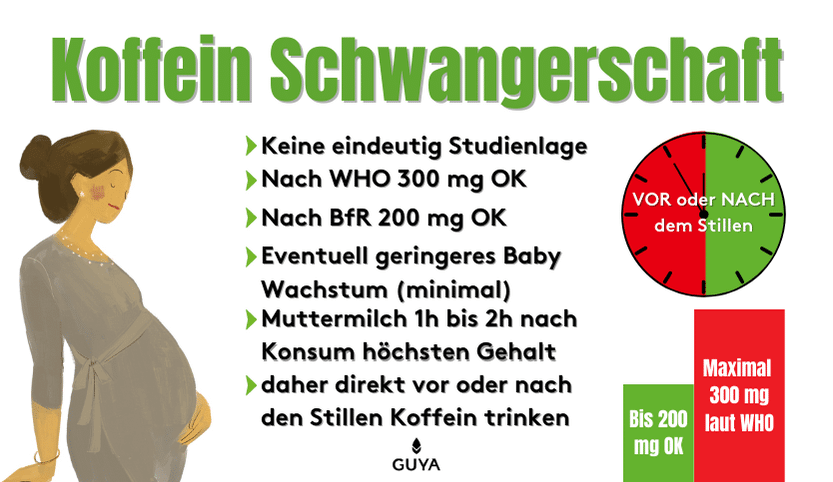
3. Differences: coffee, mate, tea, guarana, Guayusa
The question of whether it makes a difference that caffeine drink you drink during pregnancy and breastfeeding is understandable.
You can find a caffeine comparison of many drinks in ourBlog post for caffeine comparison and even much more detailed in ourfree e-book.
In addition to the different caffeine, each plant also has a somewhat different composition of other active ingredients. The caffeine in coffee z. B. is overwhelming, more precisely, it is tied to bitter substances. The caffeine of Guarana, Mate and Tea, on the other hand, is also on other fabrics such asTheobromine, Theophyllin and Antioxidants bound.Guayusa Also hasL-theanin and significantly moreAntioxidants than the others.
To keep you awake, a cupGuayusa, as usual, be more efficient than a cup of coffee. The caffeine is more slowly absorbed by the body and, together with the other active ingredients, ensures a more long -lasting effect.
4. Conclusion
As mentioned at the beginning, we cannot make a medical recommendation. However, due to the scientific data, it seems to have no negative effects on pregnancy or the baby if caffeine is consumed in moderation.
The same applies to caffeine and breastfeeding. There is no evidence that caffeine in moderation could harm the baby during breastfeeding. However, all studies we have found explicitly point out that a maximum of 300 mg of caffeine should be drunk a day.
In our Main article on the effect of caffeine You can find more information, and we also have deeper contributions to the Pretend and Disadvantage from caffeine, as well as the differences between natural and pure caffeine powder.
With this overview we hope to be able to give you a starting point as an orientation.



